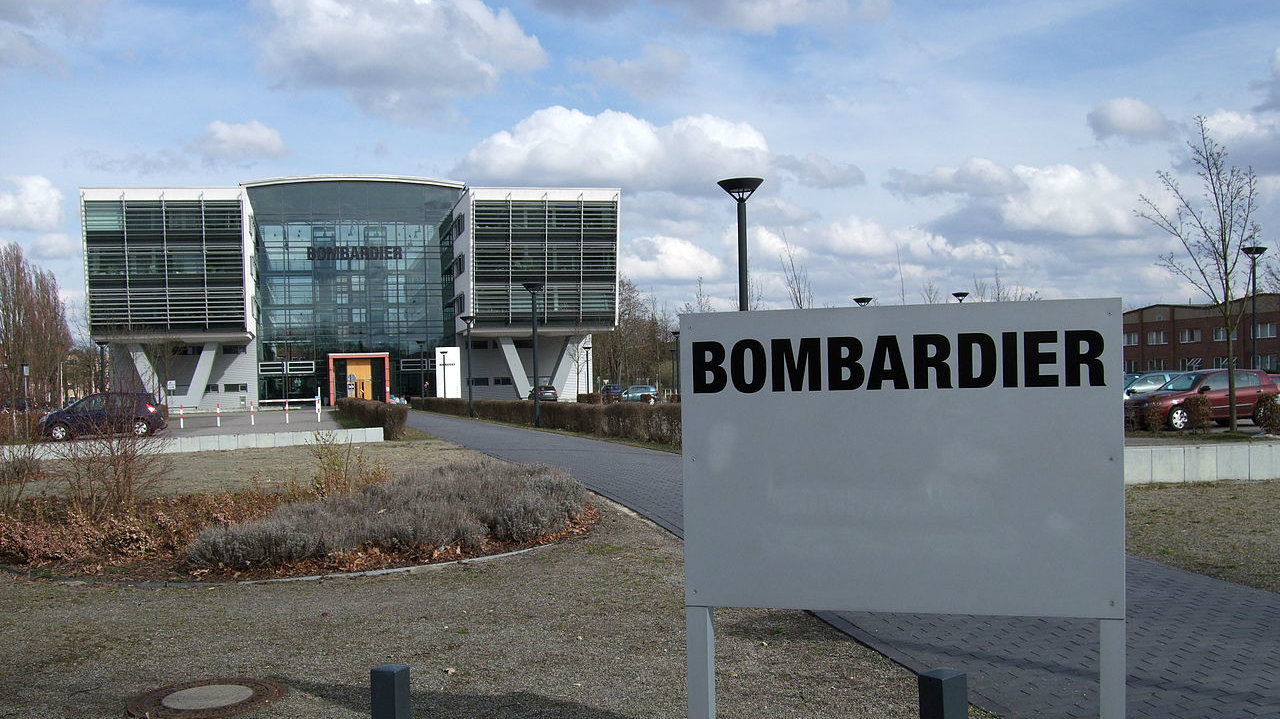No doubt by now you’ve heard that U.S. International Trade Commission has plastered duties of 220% on the CSeries planes built by Bombardier, Inc. (TSX:BBD.B)
As laughable and utterly preposterous the ruling was, there are still more than a number of options left for Bombardier, including filing appeals to the U.S. Court of International Trade, NAFTA, and the World Trade Organization.
What makes this week’s decision even more ludicrous is that the plaintiff, the Boeing Co. (NYSE:BA), has been shown time and time again to be the single biggest recipient of subsidy dollars by any company in history. A report that outlines federal, state and local subsidies to companies found that through 2015, the federal government in the U.S. had distributed a whopping $68 billion in grants and credits to businesses.
Even more shocking is that six companies on that list have been granted over $1 billion. When looking back at all data available, Boeing tops the list, with nearly as many subsidies and credits as the next top three companies.
In total, Boeing has been the recipient of US$13.4 billion in state and local subsidies, which makes the claim against Bombardier even more outrageous.
Is this decision final?
There are appeals that Bombardier can file, and the company is more than likely to exercise that right in this case, but the more pressing matter relates to other decisions due as early as next week.
Boeing also has an anti-dumping complaint filed against Bombardier that is set to be delivered next week and one more decision expected next spring that will assess just how much Boeing’s business has been tarnished by the alleged subsidies.
Boeing’s response
In Boeing’s response to the ruling, the company noted that the intent wasn’t to stifle friendly competition, but trying to keep a “level playing field and ensuring that aerospace companies abide by trade agreements.” The company also said that “subsidies enabled Bombardier to dump its products into the U.S. market, harming aerospace workers in the United States and its global supply chain.”
There are two problems with this.
First, Boeing is the biggest recipient of subsidies in the U.S. If Boeing seeks to even the playing field, then perhaps the company should stop accepting subsidies. Boeing has, in fact, received so many subsidies over the years through the U.S. Export-Import Bank that the institution is often referred to as the Bank of Boeing in Washington.
Second, Boeing is taking a very narrow-minded approach to this issue, and citing harm to the aerospace sector in the U.S. is laughable at best. In truth, more than half of the components in the CSeries are actually constructed in the U.S., and the CSeries manufacturing program supports over 22,000 jobs in 17 different U.S. states. That would be those same aerospace workers that Boeing wants to protect, right?
As for the global supply chain, Bombardier has an assembly plant in Belfast in the United Kingdom. The assembly plant currently provides jobs to 4,200 workers in the region, which was once an industrial hotbed that has long since cooled. Bombardier is one of the largest manufacturers still in the region, which makes the Boeing decision an issue for the U.K. government as well.
What about the Delta deal?
The core of the disagreement relates to the Delta Air Lines Inc. order for the CSeries. With this latest decision likely pushing the cost of the jets up by 220%, it could all but end the deal with Bombardier, unless an appeals court weighs in.
Fortunately, Delta’s CSeries orders aren’t slated to come off the assembly line until well into next year, which could give the requisite bodies time to review and overturn this decision.








